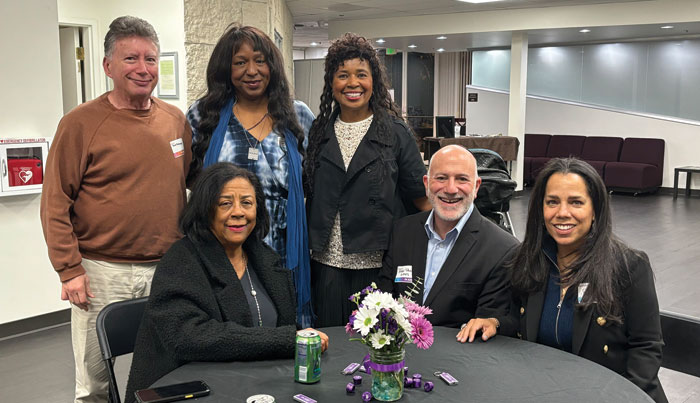
On Friday, February 16, in honor of Black History Month, Congregation Or Ami in Calabasas hosted an Embracing Jews/People of Color Shabbat. This is part of Or Ami’s Mosaic Initiative to create a model of belonging that other synagogues might emulate.
“For years, I had dreamed of expanding the embrace of our synagogue community, so that Jews of color and their families would feel exceedingly welcomed and embraced,” Rabbi Paul Kipnes told the Journal. “At the core of Congregation Or Ami’s vision is a commitment to being a mosaic of Moses’ people.”
Or Ami has about 8% Jews of color/people of color, ranging from African, Latinx, Asian and multi-race, as well as LGBTQ+ families. It’s important to the congregation for all Jews, no matter what their background, to feel like they belong.
The event, hosted by Shonda Walkovitz, Or Ami’s JOC/POC community coordinator, featured a dinner and conversation before shabbat services.
Walkovitz spoke about the questions Jews of color often get asked at a synagogue: “Are you Jewish? Who are you here with? Did you convert?”
“Not all Jews of color use the words Jews of color or people of color,” she said. “My job is to create events that center around everyone’s culture in our synagogue and invite everyone to join, learn and experience.”
Then, the group heard from April Powers, co-founder of Jewbian Princess and VP DEI at Project Shema.
“The ways we define ourselves matter, whether we are Ashkenazim, Beta Israeli, Mizrahim, Sephardim and more; the diversity of our community is a strength.” – Shonda Walkovitz
“She spoke about diversity in Jewish spaces, emphasizing how our culture is thousands of years older than current racial constructs,” Walkovitz said. “The ways we define ourselves matter, whether we are Ashkenazim, Beta Israeli, Mizrahim, Sephardim and more; the diversity of our community is a strength.”
Powers also talked about valuing the intersections of how we identify from disabled to LGBTQ+.
“Every facet of Jewish identity has survived millennia of persecution and deserves to be highlighted,” she said.
Then the honorable retired councilwoman Jan Perry, who is also a Jewish person of color spoke. Sam Jinchi of HAMAKOM, who works for Valley Beth Shalom, brought slides of the Old Jewish temples in Mexico City and talked about his family in Mexico.
“I wanted to give everyone a different experience from what it means to be a Jew or person of color,” Walkowitz said
Or Ami president Richard Rutin addressed the new congregants and spoke about the initiative. Rabbi Lana Zilberman Soloway and Cantor Kyle Cotler also attended, along with members and friends of their community.
“For years, we have been designing an initiative to make Congregation Or Ami a safe welcoming space for Jews of color and their loved ones,” Kipnes said. “Our constellation of most cherished values reflect that commitment; yet we know – from the literature on experience in synagogues of Jews of color and conversations that were shared with me by people who tried out other synagogues – that a vast majority of Jews of color do not feel comfortable in most synagogues.”
He adds, “Central to that Mosaic Initiative was hiring a Jewish person of color who could guide us, educate us on how to avoid the usual missteps and transform our Or Ami community.”
Kipnes first met Walkovitz about two years ago at the launch of the Challah And Soul non-profit, which Walkovitz runs with Judi Leib. In July, Or Ami received a grant from the Jewish Federation to support putting this into action.
Walkovitz was brought on board last fall. A few days later October 7 happened. The initiative was delayed but not forgotten. A new year brings ample opportunities, and a slate of wonderful events.
In January they had their first Or Ami Mosaic Jews of Color potluck.
“It was a wonderful event where we brought members together to bond over food and shared experiences,” said Walkovitz. “We discussed ways to strengthen our connection to Judaism and the community as a whole.”
Suggestions were made on how to bring their ethnicity into their Jewish practice.
“Ezina LeBlanc-Hoff, who co-hosted with me, shared how her Moroccan Jewish heritage plays into her love and celebration of Pesach and Mimouna,” Walkovitz said. “Another congregant Sherwin B, spoke of the drums that were played at his Jewish Temple in Africa and how that moved him and his community. Everyone brought special family dishes and recipes were shared.”
The group agreed to meet monthly to deepen their connection, welcome others into the community and plan events for the entire congregation.
“On April 30, we will have our first Mimouna Festival,” Walkovitz said. “Celebrated by Moroccan Jews, [the Mimouna Festival] has spread into more mainstream Israeli culture.”
To join the community or attend events, reach out to Shonda Walkovitz at shonda@orami.org or go to OrAmi.org.








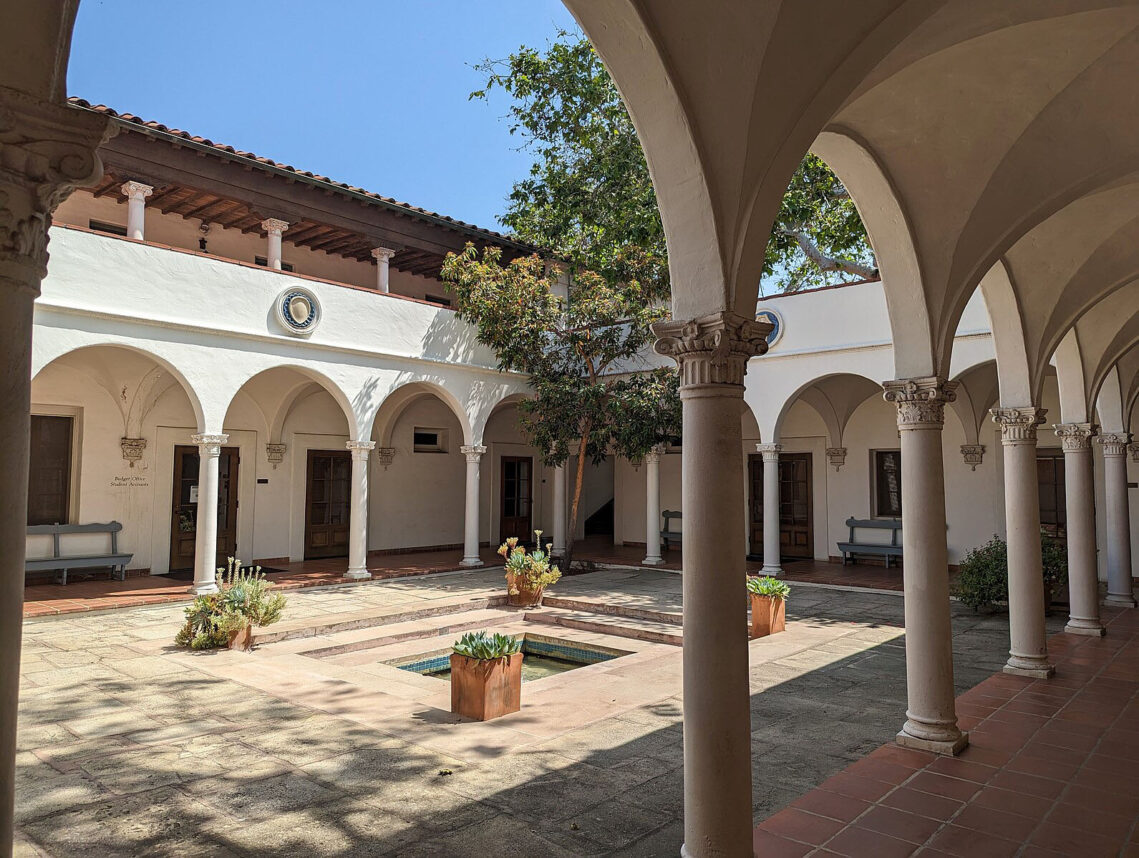
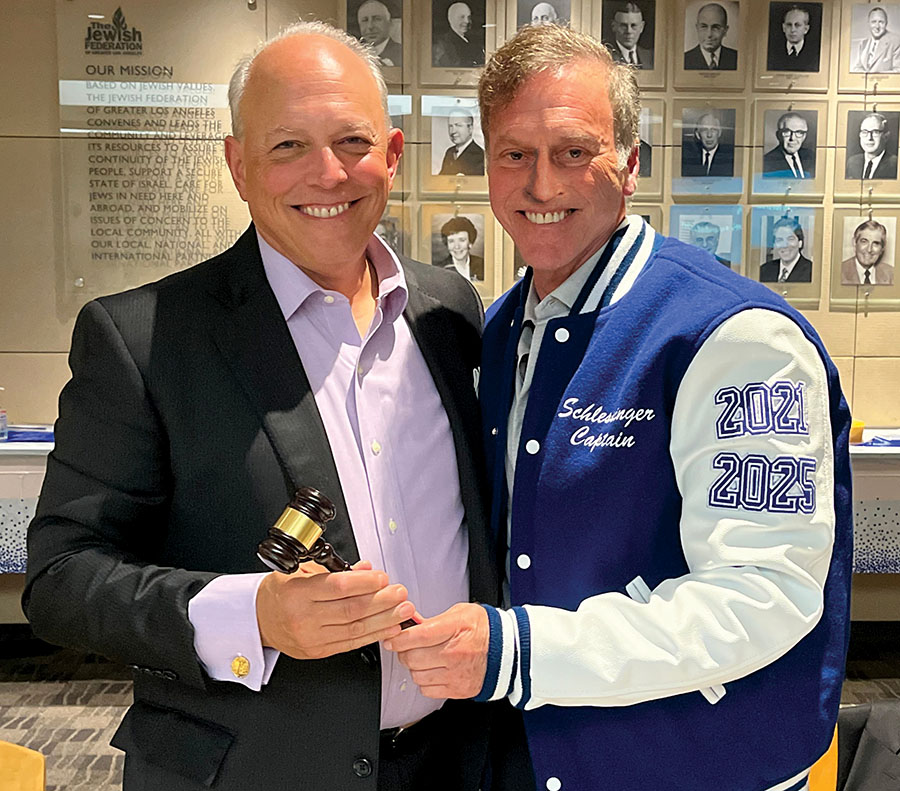
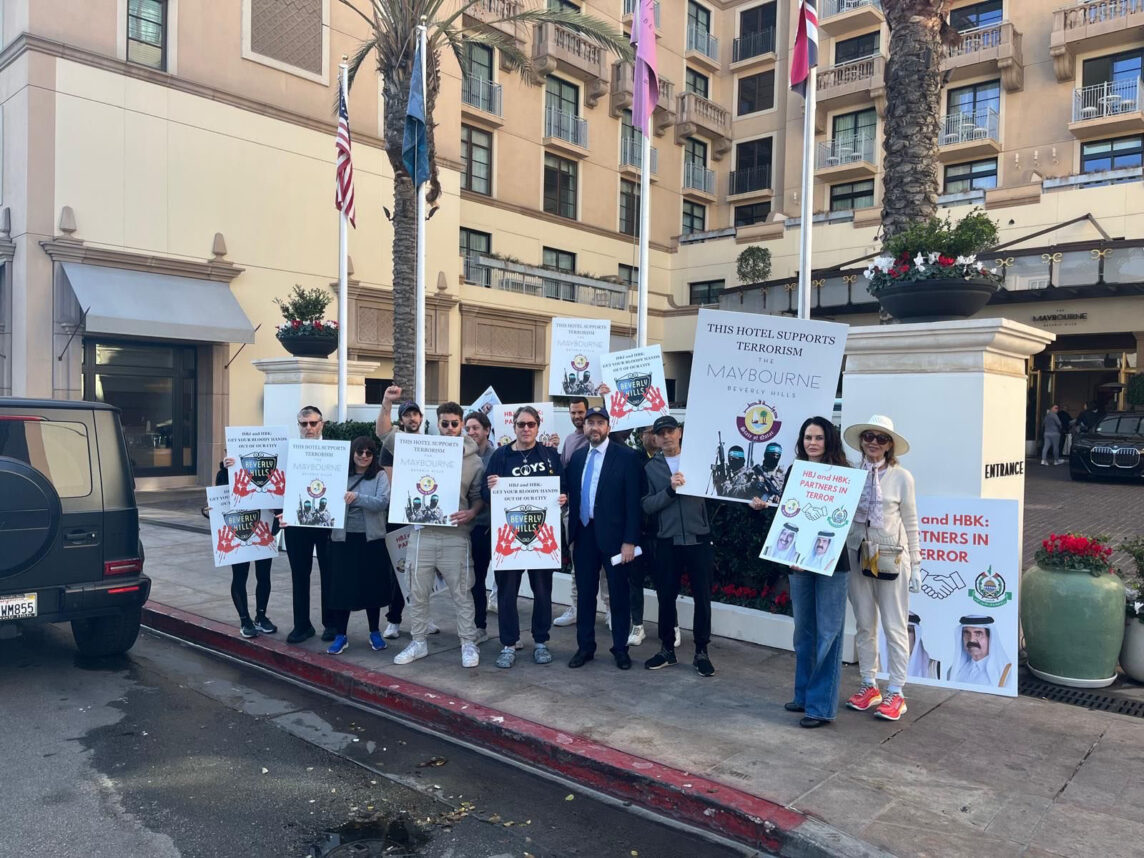
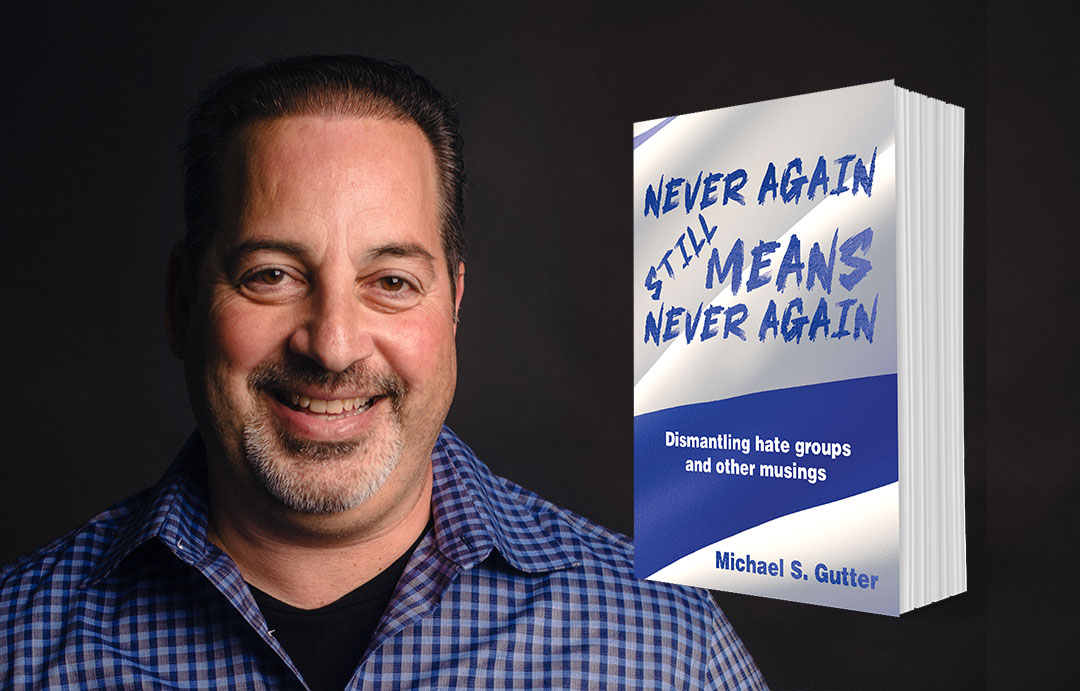
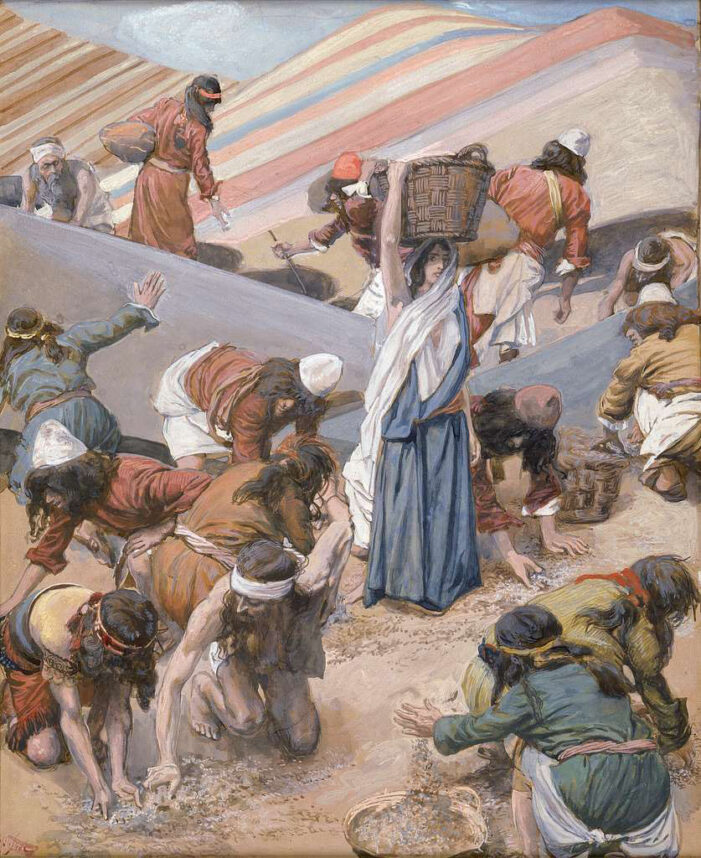
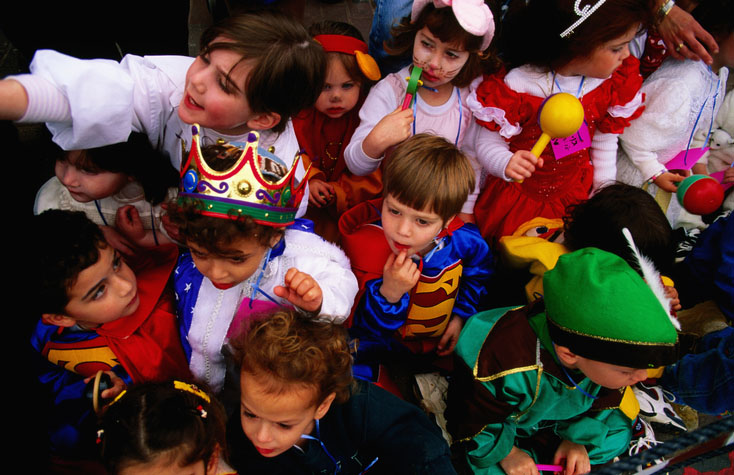
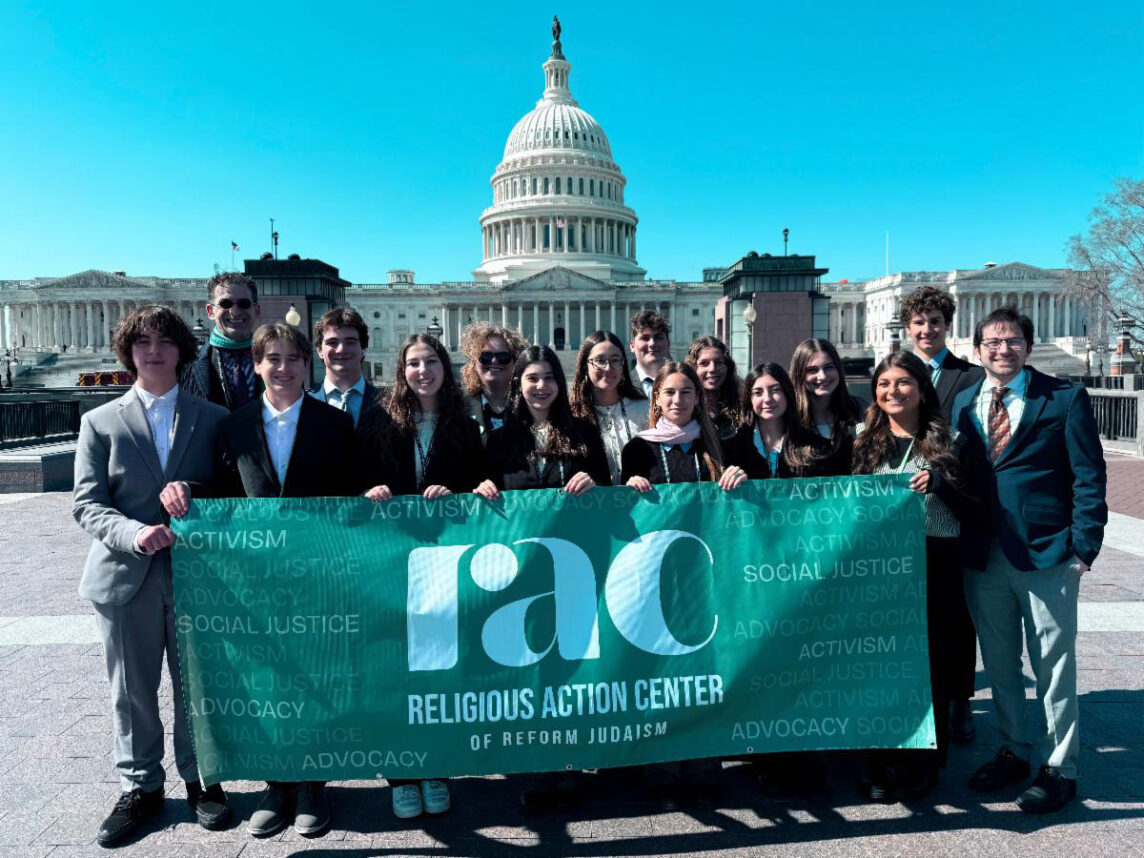
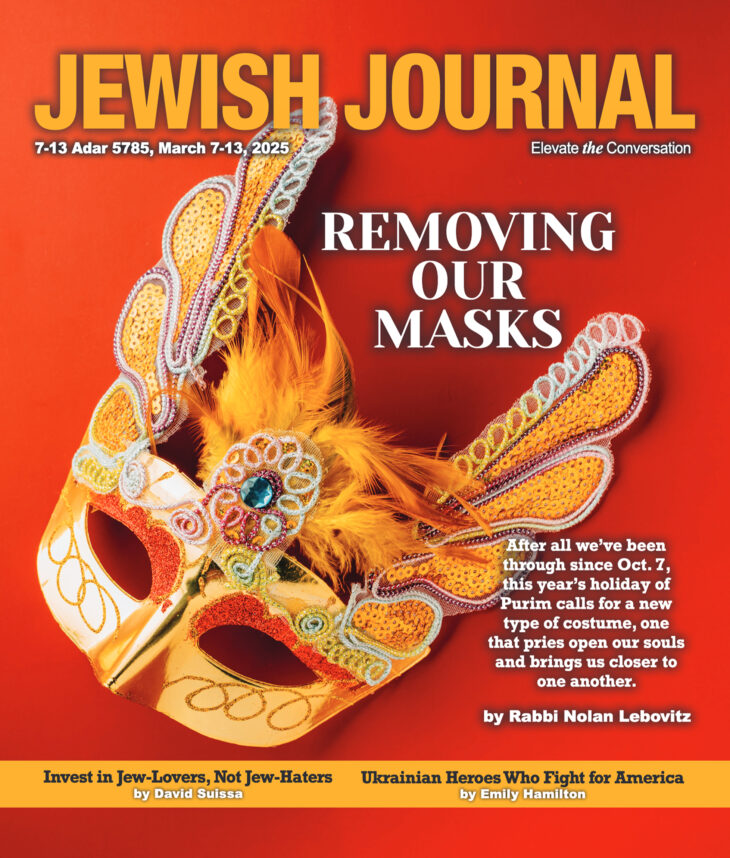
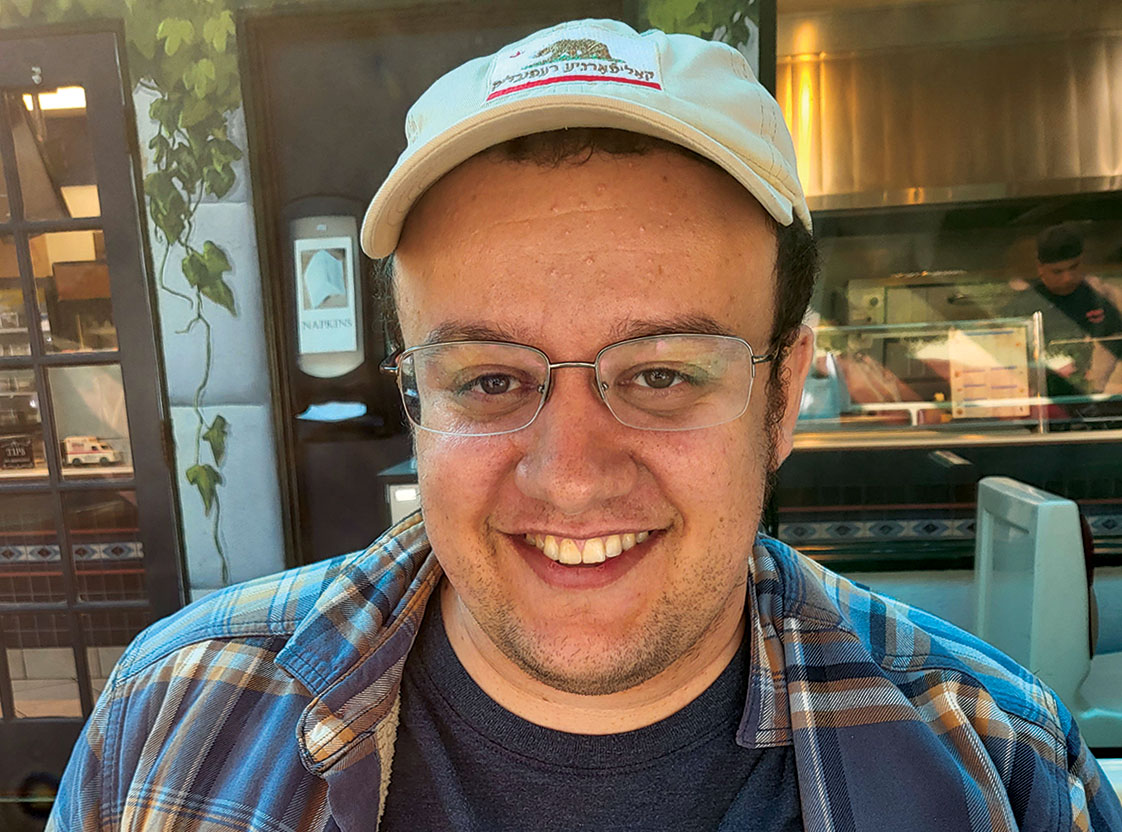
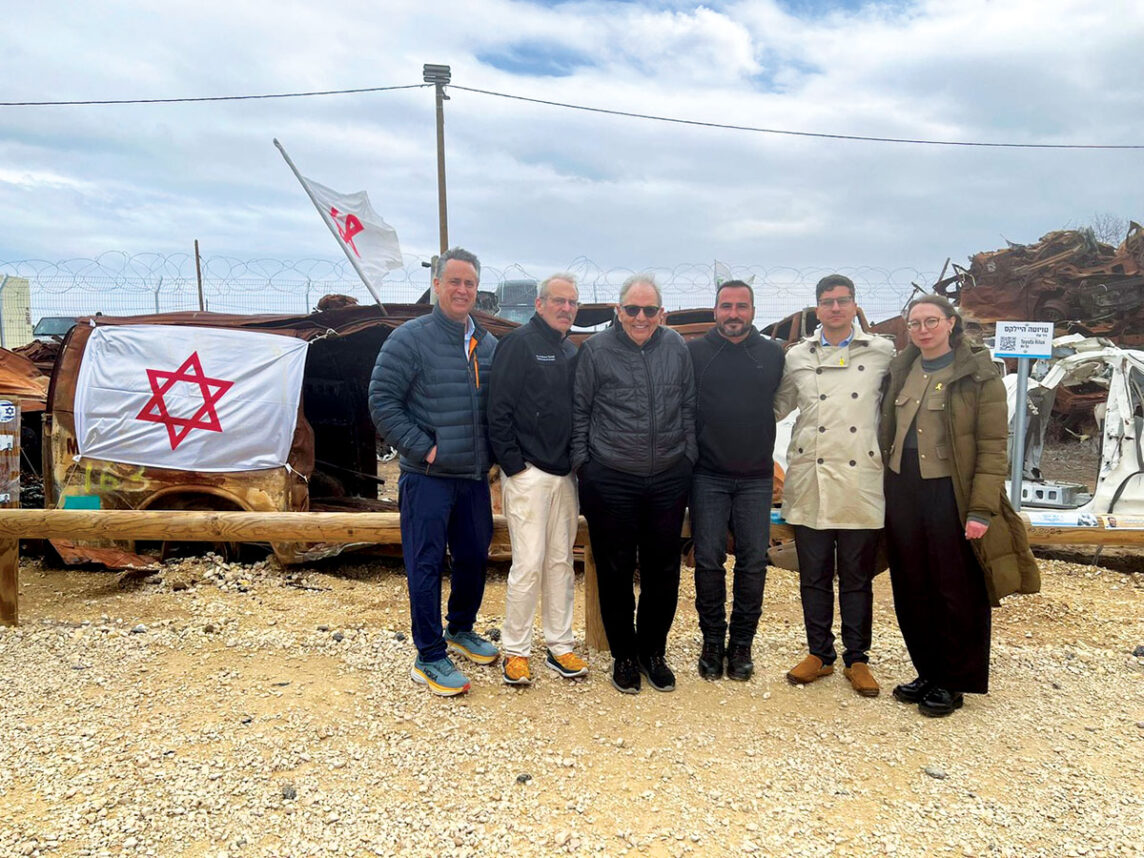



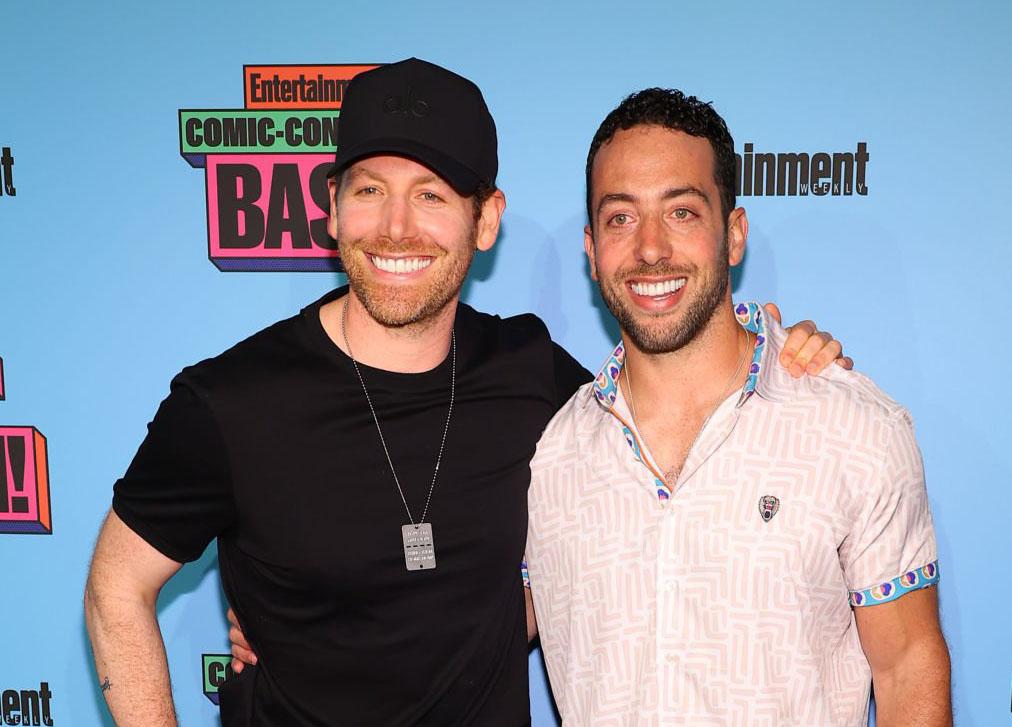
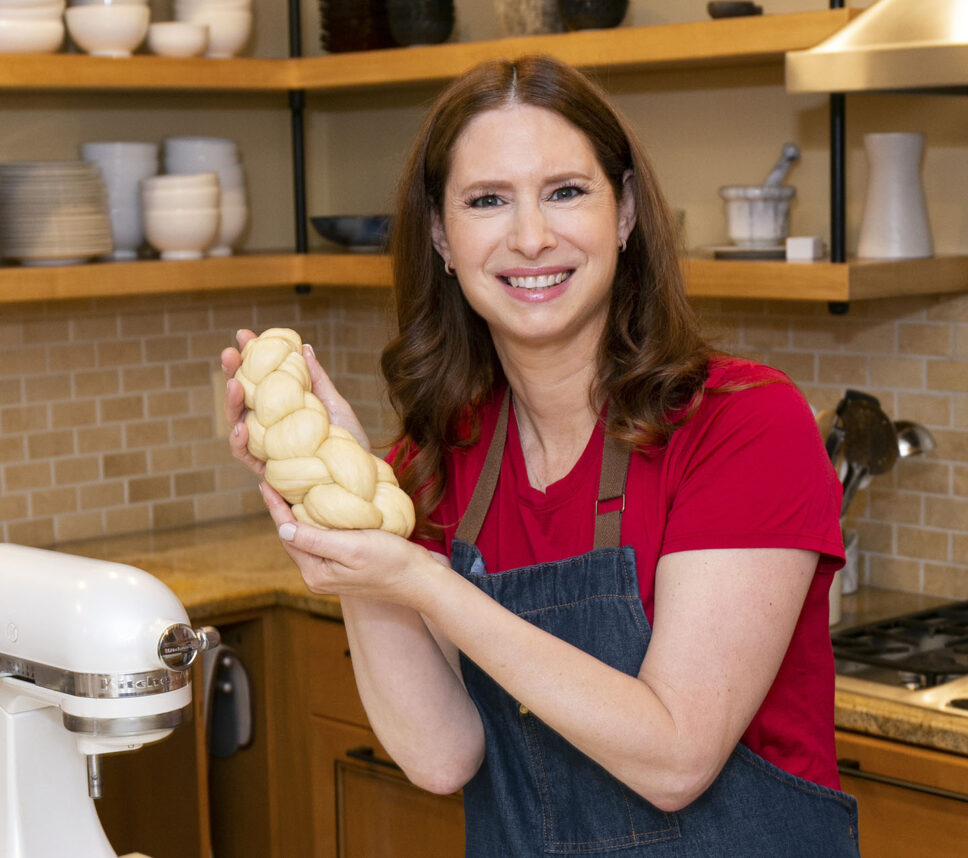

 More news and opinions than at a Shabbat dinner, right in your inbox.
More news and opinions than at a Shabbat dinner, right in your inbox.